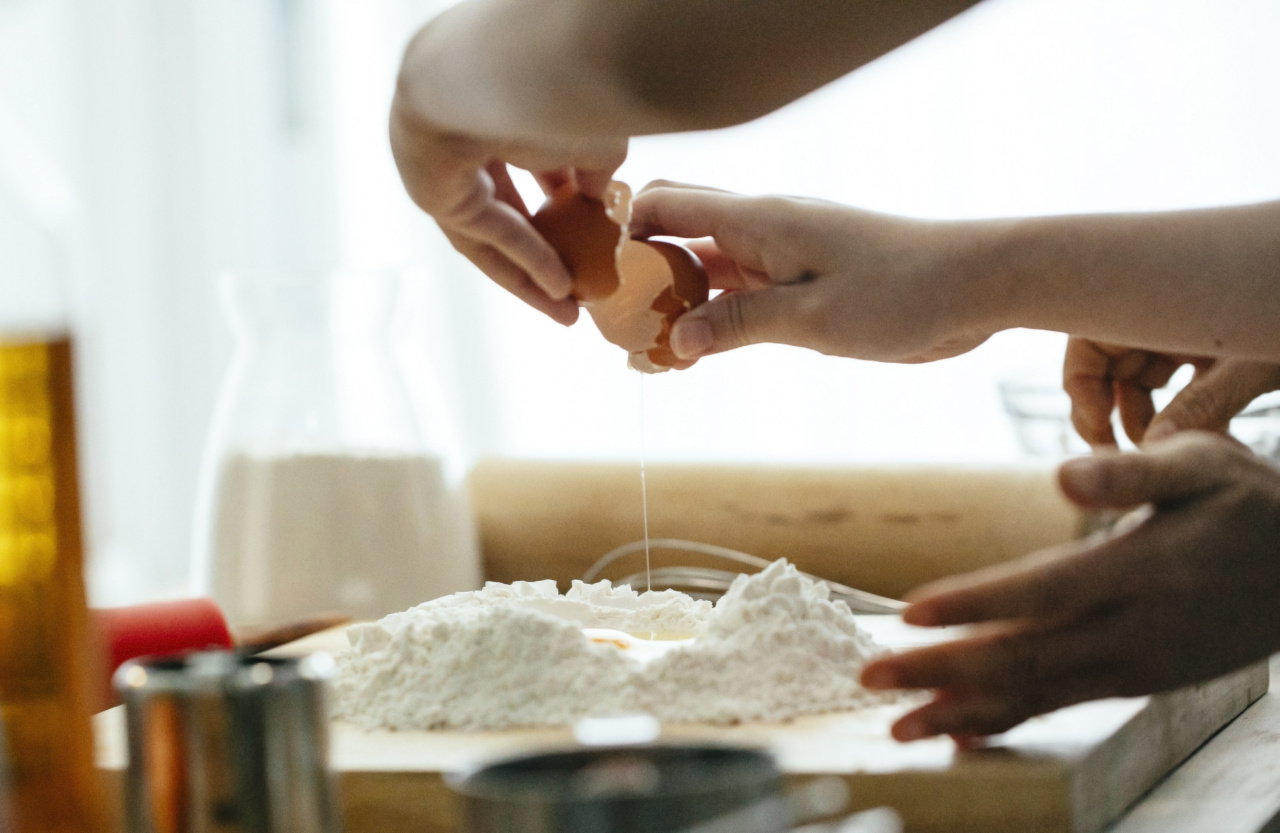Undergoing a colonoscopy can be a daunting and uncomfortable experience for many individuals. However, having a supportive partner by your side can significantly alleviate the anxiety and stress associated with this vital medical procedure.
Partners can provide emotional support, help with logistical arrangements, and be a valuable source of information and comfort throughout the colonoscopy process.
1. Emotional Support
One of the most significant ways in which partners can help is by providing emotional support. A colonoscopy can be a source of fear and anxiety for many individuals, so having a partner who can offer reassurance, empathy, and understanding is crucial.
Partners can listen to concerns, validate emotions, and remind their loved ones that they are not alone throughout the process.
They can help alleviate fear and anxiety by offering words of encouragement and emphasizing the importance of the procedure for overall health and well-being.
2. Logistic Support
Partners can play a crucial role in helping with the logistical aspects of preparing for a colonoscopy.
This includes scheduling appointments, arranging transportation to and from the medical facility, and managing any necessary paperwork or documentation.
Having a partner to take care of these tasks can alleviate stress and allow the individual to focus on their own well-being.
Partners can ensure that all necessary medications and dietary restrictions are followed, and provide reminders for pre-procedure preparations such as fasting or medication adjustments.
3. Accompanying to the Appointment
Attending the colonoscopy appointment can be a nerve-wracking experience, and having a partner by your side can provide immense comfort.
Partners can accompany their loved ones to the medical facility, providing physical presence and emotional support during this crucial step in the process.
Being present during the initial registration, waiting, and preparation stages can help ease anxiety and offer a sense of security.
Partners can hold hands, provide comforting words, and distract their loved ones from any discomfort or apprehension they may be feeling.
4. Providing Information
Partners can assist in providing information about the colonoscopy procedure and what to expect. They can help research and gather resources, such as brochures or online articles, that explain the process in detail.
Sharing information with their loved ones can help them understand the importance of the procedure, the steps involved, and potential outcomes.
Partners can also help address any questions or concerns their loved ones may have, facilitating open and honest conversations about the procedure.
5. Post-Procedure Support
After the colonoscopy, partners can continue to offer support during the recovery period. This may include helping with post-procedure instructions, medication management, and providing comfort and care.
Partners can assist in meal preparation, ensure that any dietary restrictions are followed, and inspire their loved ones to adopt healthy habits moving forward.
They can also offer a listening ear and help process any emotions or concerns that may arise after the procedure.
6. Being an Advocate
In some cases, patients may feel overwhelmed or unable to advocate for themselves during the colonoscopy process. Partners can step in and become their advocate, speaking up for their needs, concerns, and preferences to medical professionals.
An advocate can ensure that their loved one’s fears and questions are addressed, and that they receive the best care possible.
They can help facilitate effective communication between the patient and healthcare providers, ensuring that their loved one’s voice is heard and respected.
7. Managing Anxiety
Anxiety is common before and during a colonoscopy procedure. Partners can use various techniques to help manage anxiety levels, such as deep breathing exercises, guided imagery, or simply providing a calming presence.
Encouraging relaxation techniques can help individuals cope with their anxiety and create a more comfortable environment. Partners can actively participate in these techniques alongside their loved ones, demonstrating solidarity and support.
8. Creating a Comfortable Environment
Partners can contribute to creating a comfortable and soothing environment for their loved ones during the colonoscopy process. This could include bringing familiar objects such as a blanket or pillow to the medical facility, or playing calming music.
Creating a peaceful atmosphere can help distract from discomfort and provide a sense of familiarity and security. Partners can also engage in conversation or tell stories to divert attention and create a more relaxed atmosphere.
9. Patience and Understanding
Individuals undergoing a colonoscopy may experience a range of emotions, including irritability or vulnerability. Partners can practice patience and understanding during these moments, recognizing that it is a stressful time for their loved ones.
Offering empathy and validating emotions can help diffuse tensions and create a more harmonious environment. Partners can reassure their loved ones that their emotions are valid and that they are there to support them throughout the procedure.
10. Encouraging Early Detection
Partners can take an active role in encouraging their loved ones to undergo regular colonoscopies for early detection of potential health issues.
They can emphasize the significance of early detection and the impact it can have on overall health and well-being.
By providing education and awareness, partners can motivate their loved ones to prioritize their health and overcome any apprehensions or fears they may have about the procedure.
Conclusion
Supportive partners play an integral role in making colonoscopies easier for individuals.
From emotional support to logistical assistance, partners can significantly alleviate anxiety and enhance the overall experience of undergoing this vital medical procedure.
By providing support, information, and comfort, partners can help their loved ones navigate the colonoscopy process with greater ease.
Encouraging early detection and prioritizing their loved ones’ well-being, partners truly make a difference in making colonoscopies a more manageable and comfortable experience.





























